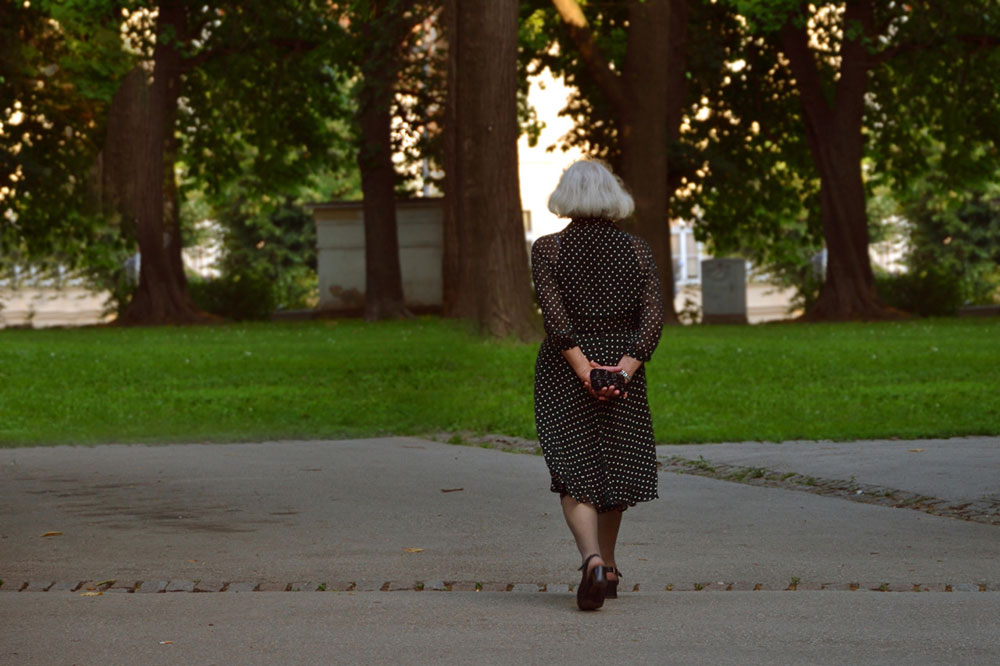
The public was shocked by the situation in Nis nursing home, where 37 out of 286 residents have so far died due to complications caused by COVID-19. Vucic was also distressed by this the other day, when he said that he had “a terrible night.” If he had suffered sincerely, this self-styled master of life and death in Serbia would not have minimized the tragedy on the same occasion, assessing that the corona “may” have entered two or three establishments. Wait, Mr. President, a month and a half after your initial address to “our dear retirees and parents”, you really didn’t know that those of them living in nursing homes are the most endangered?
According to the ministry of labor, employment, veterans’ and social affairs, as of April 27th, corona virus infection was confirmed in 564 residents and 149 employees of social care institutions and residential care homes for adults and the elderly. This means that almost every tenth infected person in Serbia is a resident of one of these institutions. Out of the total of 30 establishments where the virus was registered, as many as 20 are public, with over two thousand residents. Neither the prohibition of visits to nursing homes issued as early as March 14th, nor the outrageous conversion of infected nursing homes into prisons for all infected residents and employees (unprecedented elsewhere in the world), seemed to help. It might have helped if the president had listened to appeals to increase the salaries of social welfare workers, as was done for healthcare professionals. Although that extra money would have been a small consolation for the carnage he had caused in recent years. The ministry’s website does not provide information on the situation in the remaining of the total of 286 public and private homes for adults and the elderly, the number of inspections carried out in them, the imposed isolation measures, and the like.
Perhaps because an inspection by the State social care inspection agency, the weakest supervisory authority in the country, a department within the ministry which has only 6 inspectors, would take years. After all, even when inspectors are given the green light to start doing their jobs, they can generally only state that the situation in the institutions is “at an enviable level,” and the assessments about the required improvements in the number and structure of employees must be read between the lines. That’s why even the Ombudsman has taken on the job of controlling the state’s social care institutions these days, reminding us that he has no jurisdiction over private care homes. And those are the ones in which people were literally left to fend for themselves before the onset of the virus, as was the case at the home “Doziveti stotu / Living to 100” in Zemun, whose twenty residents had to rely on the aid of a single person – a volunteer. Minister Djordjevic said that some of the nursing homes “may lose their license” because of this, estimating that in most cases the virus entered the homes via employees. However, even the head of the SNS anti-corona campaign, Darija Kisic Tepavcevic, avoided answering the question about how this happened if the homes were guarded by the army – the same homes whose licenses were granted by Aleksandar Vulin in his capacity as minister of social affairs. A few years later, the circle of bizarre gambling with the public interest in Serbia has closed – that same man, in his capacity as defense minister, is now tasked with protecting those homes from the virus.
It is to be expected that, due to the infection and death of persons in nursing homes during the epidemic, multiple lawsuits against the state will be filed before international human rights bodies. Not only because of the active violation, but also because of the lack of protection of the rights to: life, necessary social services, protection against discrimination, and so on. In order for this to happen, the lawsuits must first be filed before the domestic judiciary. The damaged parties should file criminal charges (if the prosecution is instructed not to act ex officio) and private lawsuits against the entire chain of command. As a reminder, this includes, by name:
– The managers of institutions where outbreaks of the virus happened, which were founded by the state or local self-government: Milan Stevanovic, Aleksandar Vukojevic, Predrag Randelovic, Dragan Jovanovic, Dragan Veselinovic, Svetlana Radisavljevic, Zorica Pavlovic, Ivana Matejic, Adnan Dizdarevic, Nevenka Nikic Simatkovic, Dragijana Tijanic, Mikica Budimirovic, Dejan Radovanovic, Bela Majlat and Vojkan Stanojevic;
– The owners, founders and managers of private homes where outbreaks of the virus happened: Nenad Micic, Sinisa Timotijevic, Julijana Bilanovic, Radomir Filipovic, Dragan Jovanovic, Zikica Mladenovic, Zlatko Sreckovic, Rodoljub Paunovic, Radoslav Milovanovic, Teodor Hiblovic, Stefan Cupic;1
– The heads of the ministries which issued licenses to said public and private institutions and those who were responsible for ensuring compliance with the prohibition of visits and movement during the state of emergency: Zoran Djordjevic and Aleksandar Vulin;
– The head of the government which is in charge of supervision over social care institutions founded by the Republic of Serbia: Ana Brnabic.
And finally, they mustn’t forget to add the name of the man who delegated nothing less than the care of human lives to that incompetent trio.
The author is an associate of the Center for democracy foundation.
Translated by Marijana Simic
Peščanik.net, 04.05.2020.


